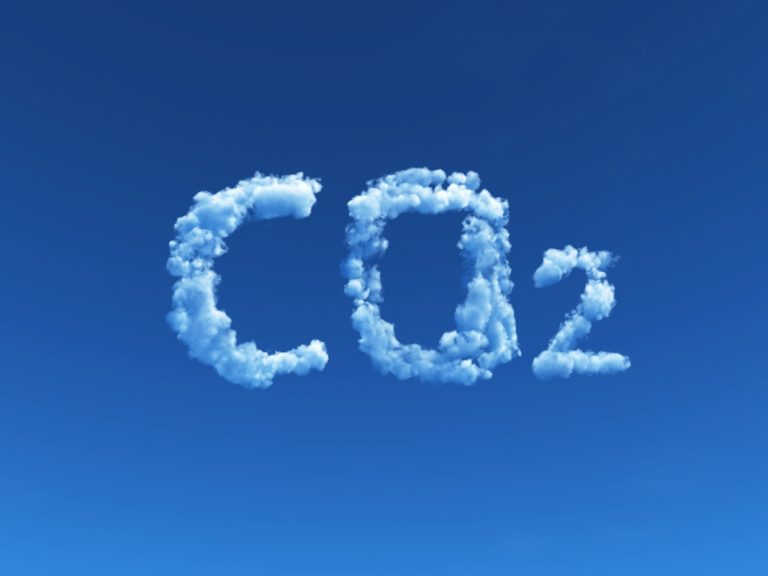Warning: Undefined array key "hover_icon_tablet" in
/opt/wpprojects.iiasa.ac.at/wordpress/wp-content/themes/Divi/includes/builder/module/Image.php on line
316
Warning: Undefined array key "hover_icon_phone" in
/opt/wpprojects.iiasa.ac.at/wordpress/wp-content/themes/Divi/includes/builder/module/Image.php on line
317
The overall aim of the Water (WAT) Program is to improve human wellbeing through water security; to that end, it develops scientific evidence and systems analysis-based tools to help identify water-related policies and management practices that work together coherently across scales and sectors.
With water increasingly becoming a globally scarce good, the scale and complexity of the water challenges faced particularly—but not only—by the world’s poorest regions, are now being recognized. Also acknowledged is the urgent need to overcome water challenges for a stable and equitable world.
WAT’s cross-cutting Water Futures and Solutions Initiative seeks to define the challenges across different economic sectors, including agriculture, energy, and industry and to identify and test potential solutions. The Program particularly aims to incorporate water science into assessment and planning studies at the nexus of water, food, energy, and environmental security.
Complementing water research, WAT also considers i) global environmental challenges affecting food and agriculture, in particular, sustainable land management; ii) improved use of soil and land resources; and iii) enhanced global agro-ecological zone assessments through the development of high resolution indicators for agro-ecological suitability, area harvested, and yield and productivity at various levels.









